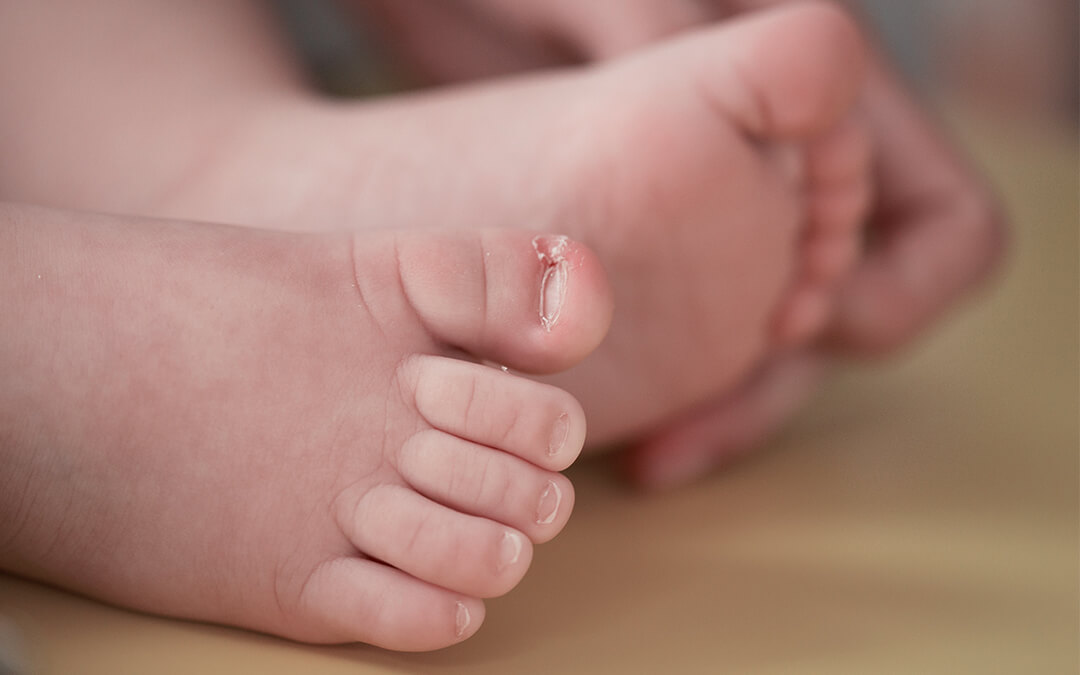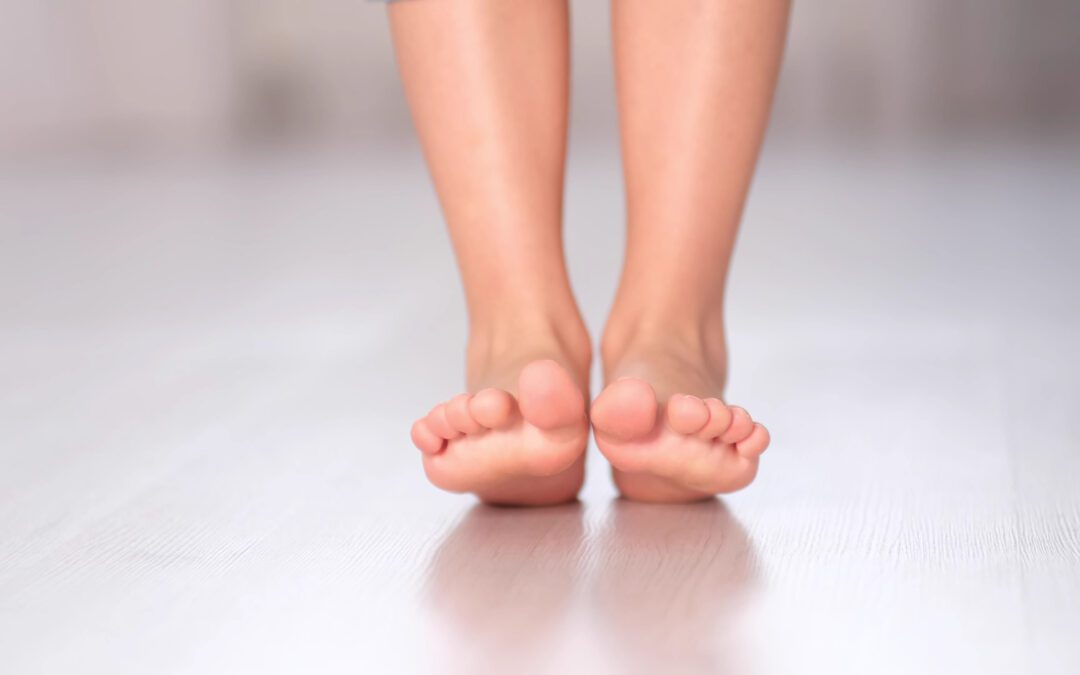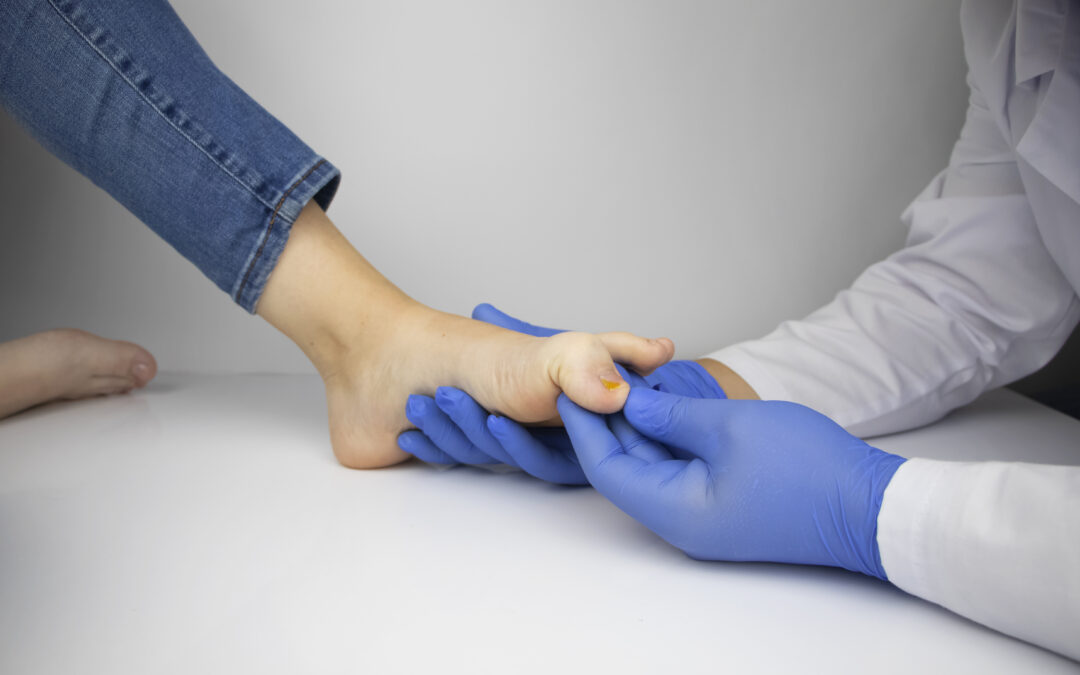As a parent, you are aware that proper hygiene is imperative for your baby’s health and wellbeing. While most parents take the utmost care, many often overlook foot and toenail hygiene and care. If you do not take care of your baby’s toenails, you will have to contend with ingrown toenails, which are painful and uncomfortable for your little one. Opting against ingrown toenail treatment in Baltimore could result in an infection.
Inspect Your Feet
Thankfully, there are ways to prevent and treat ingrown toenails in babies. You will be surprised how simple it can be.
Symptoms
Since ingrown toenails cut into the delicate skin of babies, the most obvious symptom is pain and discomfort. You may find your infant crying or being fretful while holding the foot that is affected. The child may also cry when you put socks on.
Another symptom of an ingrown toenail is inflammation and redness around the affected nail. If you notice that there is a buildup of yellow or semi-white fluid in the swollen part of the skin, it means your little one has an infection. This will require ingrown toenail treatment to prevent it from getting worse.
Treating and Preventing Ingrown Toenails
To combat the pain and swelling, you can either use an OTC antibiotic ointment or you can consult your pediatrician. Apply the ointment as stated on the label until the swelling and redness disappears.
Soak the affected foot in warm, soapy water. This will not only help with the discomfort, but it will allow you to get access to the ingrown nail. Lift the nail gently from the skin and use a nail file to the nail so that it is not growing into the skin.
Rather than waiting for ingrown toenails to occur, you can preempt this problem. Remember, infants have soft toenails and skin, and the nails are rather pliable. That means that they can easily grow downwards, into the skin.
You can prevent ingrown toenails by ensuring that you cut your little one’s toenails straight rather than in a curve. Ensure that the nails are not cut close to the skin. Instead, you should aim to keep them a little longer as this will prevent the nails from growing into the toes.
Another way to prevent ingrown toenails in babies is to ensure that you do not let your baby wear tight shoes or socks. This will prevent the socks or shoes from pressing the nails into the skin.
In Conclusion
If after all the preventive measures and home treatment you find that your baby is still suffering from ingrown toenails, do not delay in consulting a specialist. You can opt for ingrown toenail treatment in Baltimore to provide instant relief to your little angel.
Time to See a Podiatrist?
If you have any of the issues described above, it’s time to consult an expert. Connect with Podiatry Associates for an evaluation. All of our doctors are board certified/qualified and we’re dedicated to preserving your foot health.





